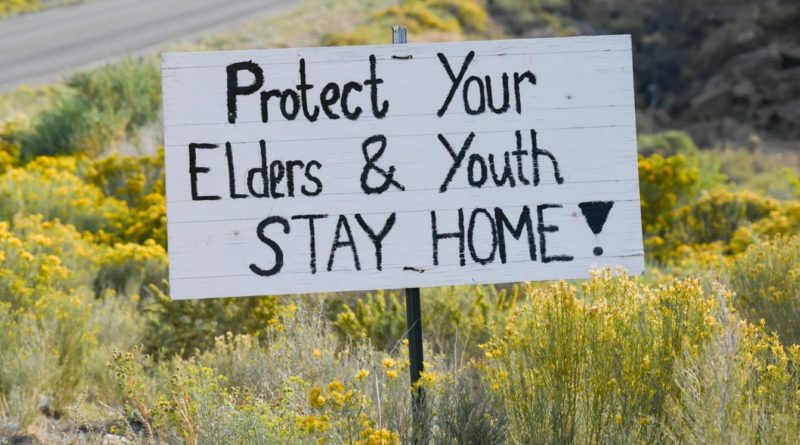By Dennis Wagner and Wyatte Grantham-Philips, USA TODAY
Others on the Rehoboth McKinley hospital staff were overwhelmed by the patient surge, according to Dr. Rajiv Patel, who supervised the hospital’s eight-bed intensive care unit.
Patel said 17 nurses were laid off in March before the outbreak, leaving a staff short on experience to deal with the pandemic. The hospital has about 520 employees, according to David Conejo, the medical center’s former chief executive.
One night in early May, a ventilator alarm went off during the graveyard shift. The staff, unfamiliar with the device, couldn’t figure out what was wrong, Patel said. When Patel arrived the next morning, he said he discovered the patient’s tracheal tube had shifted and wasn’t delivering oxygen into the lungs.
The tube was reinserted. Two days later, the alarm problem recurred – and so did the confusion.
“That’s when I decided we had to transfer people out. For this to happen twice was just unacceptable,” Patel said. “We were kind of in over our heads.”
The ICU was mostly shut down. All but one patient in the unit were flown to hospitals in Albuquerque.
The man with ventilator woes remained, too ill for travel.
Given the patient’s precarious health, Patel said it is unclear whether flawed medical care contributed to his demise, “but it didn’t help.”
A “statement of deficiencies” report by the Centers for Medicare and Medicaid Services, obtained by USA TODAY, describes repeated problems with a “maladjusted” ventilator tube that slipped out of the patient’s windpipe “rendering it useless for hours. The patient died in the following days.”
Patel, whose wife is Diné, resigned citing safety concerns. Other employees cast a no-confidence vote against Conejo, who was subsequently fired, according to court records.

